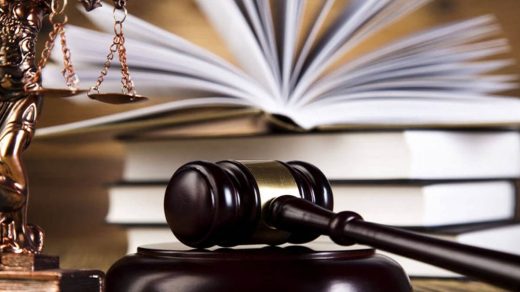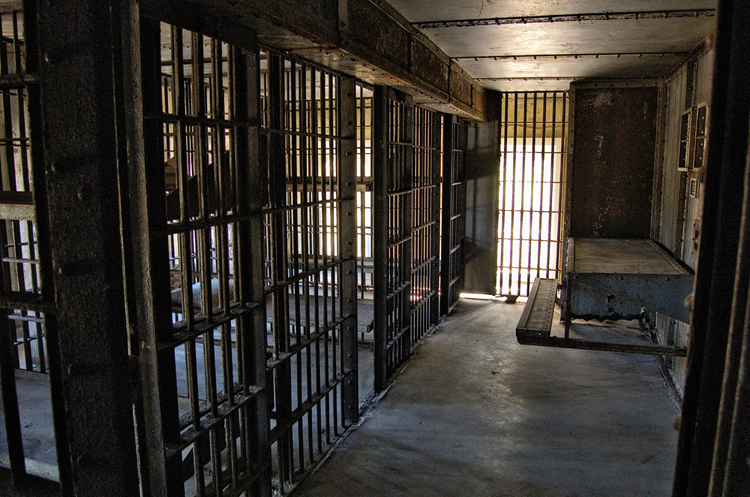One potential charge that is getting a lot of attention on social media is conspiracy to defraud the United States, which would require the Department of Justice to prove beyond a reasonable doubt that Trump agreed with others to obstruct a lawful function of the government by deceitful or dishonest means. I’ve charged that statute before when I was a federal prosecutor in the context of a dishonest tax avoidance scheme.
At the core of any fraud prosecution is proving the defendant’s dishonesty and intent to defraud beyond a reasonable doubt. That’s why Trump’s state of mind — in particular, proof regarding whether he believed what he was peddling — is so important. And why his rather complicated state of mind presents serious problems for prosecutors.
Some have suggested that prosecutors can sidestep this problem by relying on a willful or deliberate ignorance theory. In certain circumstances, the law recognizes that a defendant’s deliberate attempts to avoid knowledge of an incriminating fact demonstrates their knowledge of that fact. For example, if someone approaches you a few miles from the U.S. border and offers you $5,000 to drive a U-Haul across the border, your deliberate refusal to look at what’s in the package in the back of the trailer could be used to show that you deliberately avoided the truth because you didn’t want to know whether you were smuggling contraband.
That’s not what Trump did here. He didn’t avoid hearing the truth about whether the election was stolen. The committee presented testimony that Trump listened to advisers who told him the truth, but he either dismissed them or tried to convince them they were wrong. Based on those facts, it would be improper for a judge to instruct a jury to consider whether he was willfully ignorant.
Instead, prosecutors would have to overcome the likely defense that Trump sincerely believed the election had been stolen because he had been told so by people he believed were knowledgeable. Defendants usually don’t go to prison for following legal advice. While Eastman, Giuliani and Powell were conspiracy theorists whose claims were thrown out of multiple courts, they also were lawyers with, at one time, good credentials. Trump’s defense team would argue that he trusted them and relied on their advice. Poor judgment might disqualify someone for public office, but it is not, in and of itself, a crime.
A criminal case against Trump would be much easier to establish if he privately admitted that he knew his election fraud claims were bogus. But in private, as Barr testified, Trump passionately pushed his fraud claims on anyone who would listen, and he is trump-releases-12-page-response-to-jan-6-hearing/” class=” js-tealium-tracking ” data-tracking=”mpos=&mid=&lindex=&lcol=”>still pushing the claims now. Trump’s defense would be that he really believed that he won the 2020 election and that he believed his plan to overturn the election was legitimate.
That would also be a defense to another potential charge — that Trump obstructed an official proceeding, which requires proof that Trump had corrupt intent. A federal judge recently found that it was “more likely than not” that Trump had corrupt intent, relying on the fact that Pence and others told Trump that Eastman’s plan to set aside valid slates of electors and send the process back to the states was illegal. But in the context of a federal jury trial, Trump would only need to convince one juror that there was reasonable doubt that he believed a plan proposed to him by a prominent lawyer (who had once been a former Supreme Court clerk) was lawful.
Along the same lines, the letter drafted to Georgia officials insinuating that election fraud allegations were legitimate and that the state should consider an alternate slate of electors was written by a senior Justice Department official, Jeffrey Clark. While other lawyers forcefully told Trump the letter was bogus, Clark’s dishonest enabling of Trump’s lies could be used by Trump’s team to undercut a prosecution.
Attorney General Merrick Garland promised to watch the committee hearings in full, but nothing the committee found will likely surprise the Justice Department. Trump’s anti-democratic scheme is well documented, yet the DOJ has not acted quickly to aggressively investigate it, instead deferring to the committee. Justice Department officials certainly know the obvious — that charging the former president would be highly controversial and political, and that obtaining a unanimous verdict in an era of deep political divides and misinformation would be challenging.
Garland has been dealt a difficult hand. Many who view the committee hearings will assume that the mountain of evidence amassed by the committee would be more than sufficient to convict Trump. But Garland and his team must know that such a case would be a coin flip at best, and federal prosecutors don’t win over 95 percent of their cases by rolling the dice. They charge defendants when they know they have the goods, and based on what we’ve seen so far, they don’t have an airtight case against Trump.



